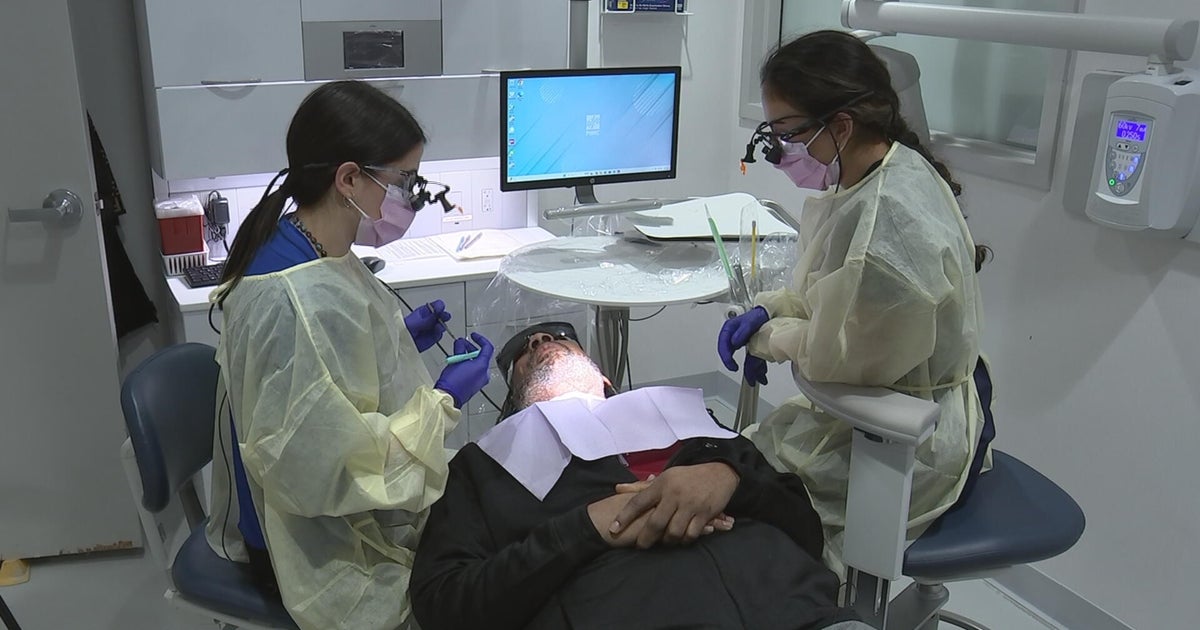Test Detects Heart Disease Using Only Your Fingers
MIAMI (CBSMiami) -- Could a simple, completely non-invasive test predict your risk for a heart attack just by measuring your finger?
There's a new device which can tell you the health of your blood vessels, and your heart.
Someone within the United States suffers a heart attack almost 1 million times a year – often with little or no warning.
High blood pressure and cholesterol are known risk factors for heart disease, but doctors are now realizing that those are essentially just symptoms and don't really tell us much about how well our cardiovascular systems are working.
Edward Murphy does not have any heart disease symptoms, but he said he wants to know whether he is headed down the wrong path.
"I think I'm doing OK, but I think it's, like, time to start checking and keeping an eye on things," Murphy said, "because I think, you know, I heard after 50, everything goes downhill."
The test Murphy underwent is called the Endopat, and it measures the blood flow in his fingers. But what does that have to do with his heart?
It turns out the lining of every blood vessel in the body, called the endothelium, says a lot about the health of our hearts.
"The endothelium in the brachial artery of the arm is the same endothelium that's in the heart, and studies have shown that when that's abnormal, the ones in the heart are abnormal," said Dr. Steven Reisman of the New York Cardiac Diagnostic Center. In the Endopat test, blood flow sensors are placed on one finger of each hand. Afterward, a blood pressure cuff inflates to stop blood flow to one hand.
After five minutes, the cuff is deflated, and the finger sensors measure how the blood recovers.
In the arm without the cuff, blood flow is steady.
In a normal patient, blood flow will stop with the inflated cuff, followed by a rebound surge in blood flow.
But in an abnormal test, blood flow only recovers to what it was before the stoppage -– a warning sign of potential trouble.
"The abnormal inner lining function will predispose you to a buildup of plaque in the blood vessels," Dr. Reisman said. "It may also predispose you to a rupture of a plaque in the heart arteries, which is what gives a heart attack."
Murphy's test came back normal, but had it come back abnormal, having that concrete evidence that something is wrong encourages patients to make lifestyle changes in weight, diet, exercise and perhaps medication – hopefully to restore normal function and prevent a future heart attack or stroke.
The Endopat test is FDA approved, and is generally covered by insurance.







